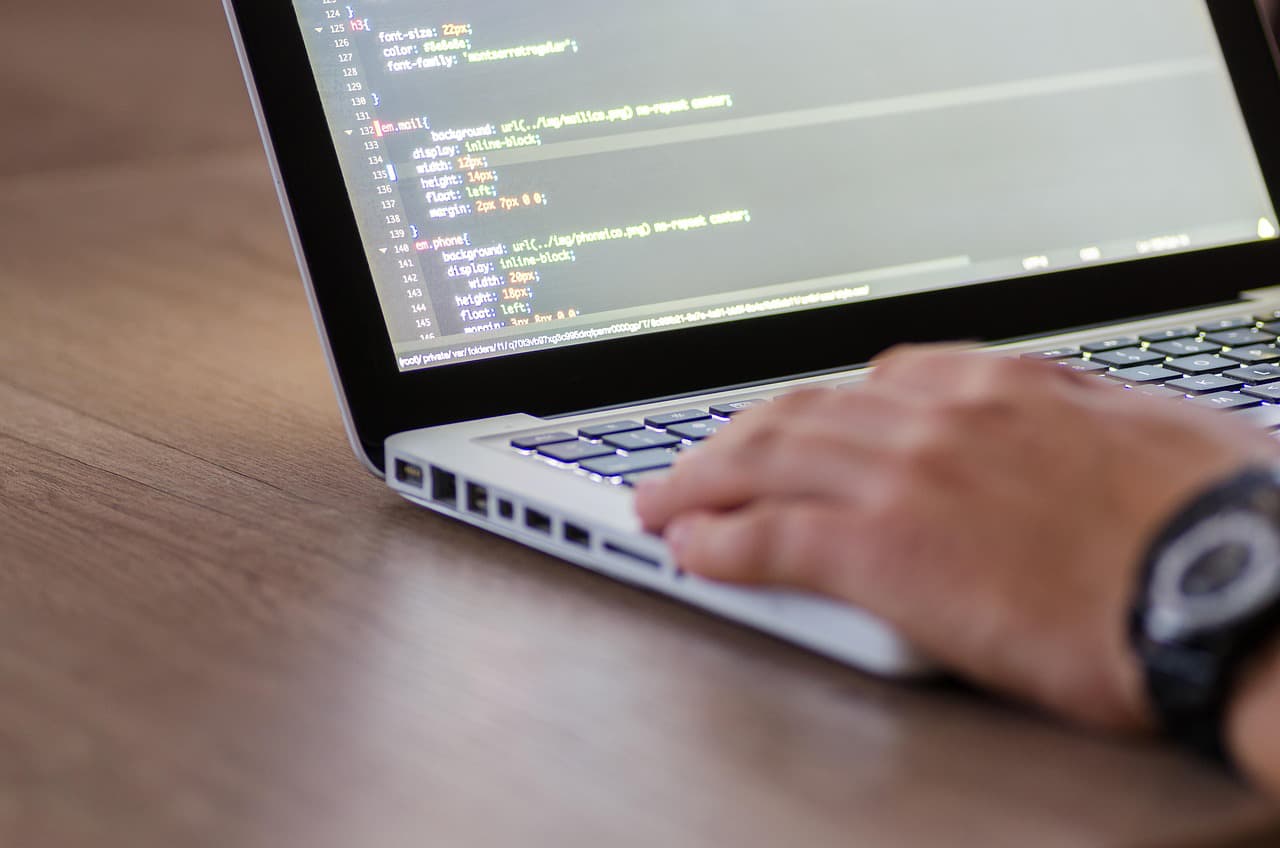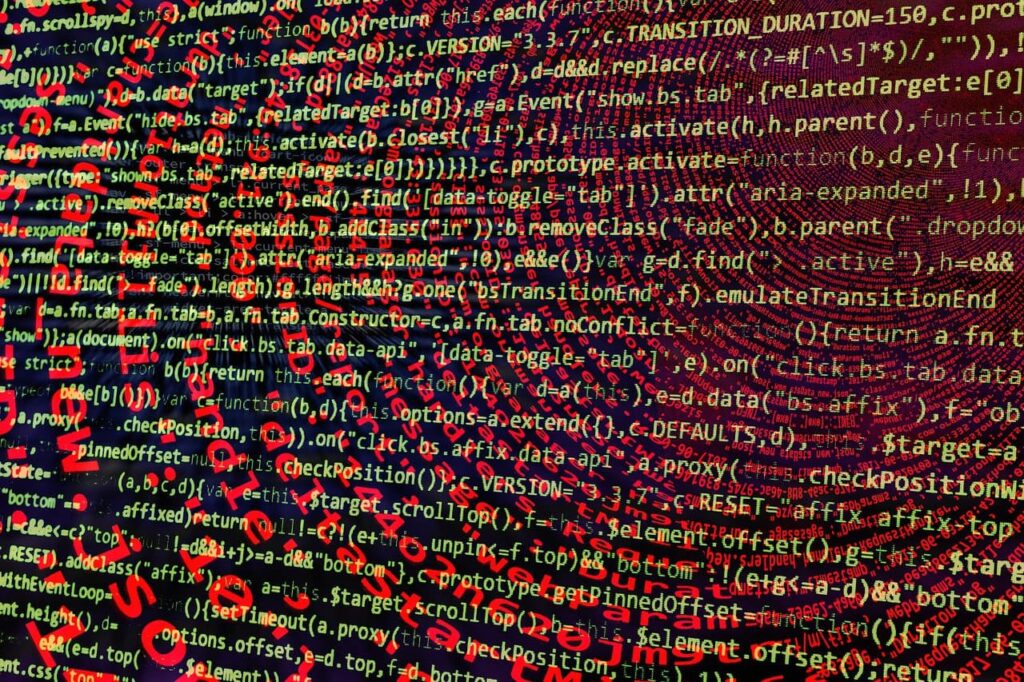
If you talk to any seasoned PHP developer, they’ll tell you that the early days are messy. You write code that works, then later you wonder how it ever worked at all. This is normal. It’s part of that strange journey where your brain is still mapping how PHP works. But some mistakes are so common that they trip up almost every beginner at least once.
These errors don’t just break your code. They break your flow. And if you’re not careful, they can create bad habits that follow you into more advanced projects. Let’s walk through 5 of the biggest culprits and how you can step around them before they waste your time.
Forgetting to Initialize Variables
It seems small. You write a variable name and assume PHP will just understand. But if you don’t initialize it, PHP will throw a notice or, worse, produce unexpected results. Imagine you’re building a simple counter and you forget to set the starting value to zero. Suddenly, the count starts at some strange number or fails entirely.
Beginners often forget this because PHP is forgiving. It doesn’t crash like some stricter languages. But that forgiveness hides the problem until it shows up in a way you didn’t expect. Always start by giving every variable a proper initial value, even if you think you won’t need it.
Mixing Quotes Without Thinking
This one catches everyone. You write a PHP string and accidentally mix single and double quotes in ways that confuse PHP. Maybe you’re trying to print a sentence that has an apostrophe in it, and suddenly your whole line of code breaks.
The thing about PHP is that it treats single and double quotes differently. Double quotes will parse variables inside them. Single quotes won’t. If you forget this, you end up wondering why your variable is printing as $name instead of “John”.
The fix is simple. Be deliberate. If you need variables inside the string, use double quotes. If not, single quotes will do. And when your string already contains quotes, think ahead and escape them instead of letting PHP guess what you meant.
Ignoring Error Reporting
Most beginners hate seeing error messages. They turn off error reporting just to get a clean screen. The problem is, those errors are your guide. They’re like a GPS telling you where you went wrong.
When you ignore them, you spend hours guessing. Worse, you might push code to production with a hidden flaw. Keep error reporting on while you’re learning. It might feel messy, but that mess is exactly what will sharpen your skills.
Overcomplicating Simple Logic

Beginners often try to get fancy. Instead of writing three clear lines, they squeeze everything into one tangled block with nested conditions and multiple operators.
It might work, but good luck understanding it later. PHP rewards clarity, not complexity. Simple code breaks less and is much easier to fix.
Not Validating User Input
This one’s risky. PHP will process whatever it’s given. Skip input validation, and you’re inviting errors, injections, and serious security problems.
Even a basic contact form can become dangerous if someone slips malicious code into the name field. New developers often skip validation just to get a feature working, but it’s never optional.
Final Thoughts
The truth is, these mistakes are part of learning. Every developer has their version of them in their early code. The real difference between beginners who grow fast and those who stay stuck is how quickly they catch and fix these habits.
When you slow down and think about what PHP is actually doing with your code, you realize that writing clean, simple, and secure PHP isn’t about being flashy. It’s about being consistent.
In time, these mistakes will stop being mistakes. They’ll become little reminders in your head. You’ll catch yourself checking variable values before using them. You’ll escape quotes without thinking. You’ll keep error reporting on like a light in a dark hallway.
And maybe, one day, you’ll look at an old project and smile at how far you’ve come.